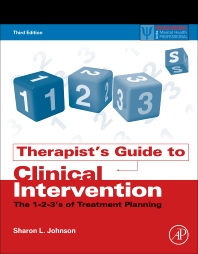Books in Psychology
Books in Psychology
Elsevier's Psychology collection is vital for students and psychologists, providing a thorough understanding of the mind and behavior. Covering human thought, development, personality, emotion, and motivation, it offers insights into both theoretical and practical aspects. Through topics like cognitive, developmental, and clinical psychology, it equips researchers and students to address real-world challenges and advance their understanding of the field.

Innovative Approaches to Individual and Community Resilience
- 1st Edition
- Darlyne G. Nemeth + 1 more
- English

Stepped Care for Borderline Personality Disorder
- 1st Edition
- Joel Paris
- English

Cognitive Development in Digital Contexts
- 1st Edition
- Fran C. Blumberg + 1 more
- English

Executive Functions in Health and Disease
- 1st Edition
- Elkhonon Goldberg
- English

Psychology of Learning and Motivation
- 1st Edition
- Volume 67
- English

Therapist's Guide to Clinical Intervention
- 3rd Edition
- Sharon L. Johnson
- English

Handbook of Categorization in Cognitive Science
- 2nd Edition
- Henri Cohen + 1 more
- English

The Science of Cognitive Behavioral Therapy
- 1st Edition
- Stefan G. Hofmann + 1 more
- English

Individual Differences and Personality
- 3rd Edition
- Michael C. Ashton
- English

Functional Neural Transplantation IV
- 1st Edition
- Volume 230
- English